




































In May 1992, the Goss cabinet approved legislation to give Queenslanders the formal right to public protest. The accompanying announcement said the change was a critical part of the Fitzgerald process. Labor premier Wayne Goss declared: “Governments who try to restrict the right of the people to freedom of expressions are governments scared of scrutiny. This government is not.”
In November 2022, Labor Premier Annastacia Palaszczuk reinterpreted that freedom, telling parliament: “People have the right to protest silently in public.” She followed that extraordinary statement by encouraging her Speaker Curtis Pitt to criminally prosecute a group of 14 Extinction Rebellion protesters who had interrupted proceedings of parliament for 3 minutes.
Those protesters – the first Queenslanders since before the Fitzgerald Inquiry to be criminally charged for disrupting state parliament appeared in court and released on the condition that they don’t enter Parliment. Among them is the 69-year-old wife of Professor Peter Coaldrake, the man the Premier tasked last year to lead a review of the culture of her government.
That fact is awkward. But the bigger issue here is what this saga tells us about how far this third-term Labor government has drifted from the North Star set out by the Fitzgerald inquiry and the subsequent reforms enacted by Ms Palaszczuk’s political hero, Mr Goss.
Now, as we have said here before, it is indeed illegal to “disturb the Assembly” and to be “disorderly while parliament is sitting”. Both are technically crimes punishable by up to three years in prison. Sending a clear message that this protest was the wrong thing to do is therefore appropriate. But the response should be proportionate. Nobody was hurt. There was no property damaged. And the entire disruption lasted for a total of 3 minutes. Charging the protesters with the criminal offence of disturbing the legislature is a punishment that clearly does not fit the crime. Considering our state’s political history, that this was done at the behest of a Labor Premier is troubling.
Konstantin Kisin, a podcaster, pundit and self-professed satirist, is a man who believes in free speech, so long as it reflects well on him.
He is also the cracklingly viral man of the moment. Invited to debate whether “woke culture has gone too far” at the Oxford Union, Kisin delivered a clever speech. It was not predictable. No lazy rhetorical drive-bys against snowflake statuesmashers, miserable vegans or blue-haired placard-wavers.
No, the speech was an invitation to the students that night. Kisin outlined the seriousness of climate change, with all its gloomy high stakes, and then asked them how they should solve it. By gluing themselves to paintings? Or by working, creating and building a better world?
“All wokeness has to offer,” he said, “is to brainwash bright young minds like you to believe that you are victims”.
Woke culture hasn’t gone too far, according to Kisin. Woke culture is just a dead end. Kisin’s side carried the motion by a margin of 89-60.

Petria started with “So let’s go back to when we worked together.”
We had the area from Toowoomba West and we travelled around educating people on the future with an NDIS. We also talked to service providers because everyone was somewhat confused about what was going to happen. We had a great time as well and we were very professional in moving ahead with the information that we had at the time
“Where your role was disability, mine was mental health. That is my passion”
“
It’s my deep belief that mental health is behind everything. We can all have that experience. Mental health is a big challenge.”
We agreed that working in a community is all about mixing, and as human beings we want to mix with others.
Where Patria sits now it is all about inclusion and that people are able to accept the differences as this has not always been the case and people have been excluded.
“When I started with NDIS as a Community Development Officer it seemed to be a natural progression from the previous forms of state and community development.”


Existing service providers experienced growth and the really good ones were able to work with the transition to the NDIS.
There was also a time when you had to be careful not to promise anything as there were rumours around that people would be able to get this and that, but they had to realise that the funding was individual and subject to rules and individual goals.
“However, I believe that the NDIS is still forging forward. Whether it is in exactly the right way, I think that the model still needs to be a bit fairer for the community and inline with the federal budget.”
“I was very sports orientated at school and it was everywhere. Tennis, softball, cricket, whatever. But softball was one of the main things for girls at that time and I was the catcher.”
“I’m bringing this up because it was all about the team, about teambuilding. You know, if you’re playing a team sport, you’re with everybody and helping everybody to achieve and to win as well.”
“I do like to win, but I also understand losing and accept that this also happens.”
“So I believe that when it comes to Mental Health, I see myself as the ‘Catcher’ when people fall down, I’m there to catch them.”
Petria then went back to UNI at age 48 to study Psychology and she said that she felt like the Pied Piper where a number of the young students saw her as a mentor.
Then in 2020 Petria joined the TRC council election race on the platform of growing the Toowoomba Region economically and socially with an inclusive society.
"I'm about inclusion, and particularly for people with a disability, first nations people, people with mental health issues.”
Unfortunately Patria did not gain a seat, but this hasn’t stopped her in her drive for an inclusive community.
Patria is also heavily involved in the LGBTIQA+ community and is the coorganiser of the Rainbow Pride Float in the Toowoomba Carnival of Flowers.
“The first LGBTIQA+ float was in 1995 but there hasn’t been one since, Toowoomba might not have been ready for such a float back then and the people on the float had to wear masks.”
Patria is now operating as an independent NDIS Recovery Coach and Support Coordinator.
An NDIS Recovery Coach is a professional who provides support to individuals with disabilities as they pursue their goals and objectives as outlined in their NDIS plan.
The coach works in partnership with the individual to identify and address any barriers they face in accessing and engaging in services, activities, or resources.
The coach also provides guidance and direction to help the individual develop skills and strategies to achieve their personal goals.
The NDIS Recovery Coach is not a therapist or counsellor, but rather a person who provides professional guidance and support to individuals in order to help them reach their desired outcomes.
The coach works with the individual to identify areas of improvement, create achievable goals, and develop an action plan to reach those goals.
The coach is also responsible for providing support and feedback as the individual works to achieve their goals. This includes providing advice, resources, and referrals to help the individual succeed.
Additionally, the coach works to provide emotional and practical support, such as providing encouragement, reassurance, and advocacy.
The NDIS Recovery Coach is an important resource for individuals with disabilities who are looking to reach their full potential.
Through the support of a coach, individuals can take control of their lives and make progress toward achieving their goals.
I’m sure that Patria will continue with her great community work and I’m grateful that I got to spend this time with her.
Australia’s public transport system has failed to meet all of its 20-year accessibility targets as people with disability continue to face obstacles due to construction, unsuitable facilities and restrictive public transport options.
Under the Disability Standards for Accessible Public Transport 2002 (Transport Standards), all of Australia’s tram, train and bus stops/stations were meant to be fully compliant with the relevant accessibility standards by the end of 2022.
Standards included the availability of lifts, access paths, toilets, ramps, handrails and grabrails, lighting, hearing augmentation, and more.
However, those targets have not been met according to Sterling Infrastructure Chief Executive Officer (CEO), Susie Pascoe, as only half of Australia’s public transport infrastructure meets accessibility standards.
Ms Pascoe told the ABC that 40% of Queensland and Western Australia’s train stations, 73 percent of Victoria’s trams, and one-third of New South Wales’ train and ferry stations are not accessible.
It means that people with disability continue to face transport barriers that limit their access to essential services, employment opportunities and daily activities.
For wheelchair users like Sarah-Jane Staszak, who has been paralysed since a routine back surgery nine years ago, construction work at her local train station means severe impacts to her daily commute.
Ms Staszak told 7.30 that she has been unable to access the train platform since mid2022 as the Government has closed off the access ramp as part of the station’s upgrades.
“I do get a bit disheartened … It would be ideal if they could maintain some sense of accessibility while they were doing the construction,” says Ms Staszak.
“When you have a disability, you get quite creative and you come up with your own little workarounds. You end up having to take deep breaths and get very good at acceptance.”
Ms Staszak’s regular station will have three new lifts once the upgrades are completed, while the NSW Government does offer a free accessible taxi service to transport people with disability to a nearby station.
Despite that, Ms Staszak would still have to drive her large accessible van to the station so she can catch the taxi, which can be difficult when disability parking slots are unavailable.
For other people with disability, obstacles like this could add an extra 30 minutes to their journey just so they can reach an accessible stop or platform. What was once a manageable experience becomes a major inconvenience.
Ongoing accessibility issues are likely as the Transport Standards also provided trains and trams with a 2032 deadline for accessibility compliance.
It means many people with disability will be forced to rely on public transport that may not meet their accessibility needs for another decade.
Ms Staszak says she does not believe she will see full accessibility while she is a regular public transport user.
“I have hope. But I also do not have huge confidence in the belief that I’m going to see [full accessibility] happen in my day,” says Ms Staszak.
“It’s not the most pleasant experience being stuck in the vestibule, in the way of everybody getting on and off the train and sitting next to the toilet.
“If there was an emergency and we will have to get off at a station, I can’t be guaranteed that I’d be able to get off the station.”

According to the Australian Institute of Health and Welfare’s (AIHW) People with disability in Australia 2020 report, one in six people with a disability aged over 15 have difficulty using public transport.
Obstacles include poor access to stations, stops and terminals, difficulty accessing information relevant to their needs, and safety challenges when planning and completing a public transport journey.
The Government has acknowledged work needs to be done to meet its targets, with a spokesperson for Infrastructure Minister Catherine King telling the ABC they are “fully committed to further removing discrimination for people with disability”.
The Government will also provide a number of reforms to the Transport Standards legislation in the second half of this year.
However, some people within the infrastructure sector have called for more flexibility. Ms Pascoe says she has spoken to several operators who cannot afford the upgrades necessary to achieve full accessibility.
“It is unrealistic to expect that every station across the country can be made fully com-
pliant in every part. The cost of doing so is unachievable,” says Ms Pascoe.
“[It’s] really important to understand what the prioritisation looks like. What does good look like, not what does perfect look like.”
Having acknowledged the need to modernise the Transport Standards, the Government called for public consultation for 54 areas of potential reform. The public consultation process closed in August 2022.
Those reforms are currently being prepared for presentation to the Infrastructure and Transport Minister in the middle of this year.
However, as part of the 2022 Review of the Disability Standards for the Accessible Public Transport 2002, people with disability, their families and carers, advocates and public transport operators and providers are being asked whether they believe the Transport Standards are reducing discrimination for people with disability on public transport.
Experiences with planning a journey, the accessibility of a bus stop or train station, the on-board experience and any transport disruptions are all requested to ensure an accurate picture of public transport accessibility can be painted.
More information, including the full review questions and how to provide feedback, can be found here.
https://thesocialdeck.qualtrics.com/jfe/ form/SV_9BU4etq4PDuf8V0
Feedback must be provided by 30 June 2023



Sarorsa Health is an organisation committed to improving the lives of people.

The word Saorsa is Gaelic Scottish and translates to Freedom and Liberty.
We have an exciting new development happening in Toowoomba.

4 New SDA Apartments at Kearneys Spring Toowoomba are built to platinum standards. High Physical Support or Fully Accessible 2 Bedroom / 2 Residents / Apartment with On -site Overnight Assistance (OOA).
All apartments are fully self contained with full kitchen with refrigerator, microwave, induction cooktop and stone adjustable benchtop.
Open plan dining and living with lounge, dining suite and TV.
2 SDA Bedrooms and Bathrooms with hospital grade king single adjustable beds with ARJO ceiling hoists.
Laundry with front loader washing machine and dryer, home automation by ZIMI, ceiling fans and reverse cycle air conditioning throughout.
The apartments open out onto a private outdoor verandah.
Also available are OOA facilities, a Communal Area to encourage social interaction, SIL Kitchen and Hydrotherapy Room.
The stunning atrium upon entry embraces you with a light filled space that is designed for residents to meet and enjoy each other's company, as well as being a functional space for therapy sessions.
With every development we build, careful consideration is given to the design elements to ensure we are inclusive of residents having an area to socialise as well as enough space to have privacy and quiet enjoyment of their own home.
by Deb OliverOur apartments are nestled amongst a quiet tree filled street and are conveniently located close to shops, medical centres and local amenities.
Available June 2023 if you have any participants that require this type of accommodation you can register your interest today with deb@saorsahealth.com.au @saorsahealth www.saorsahealth.com.au
The Independent Review Panel will make findings and recommendations to Disability Reform Ministers on:
• the participant experience and costs of engaging with the Scheme and opportunities to rebuild trust and improve key scheme design and administration, including by examining:
□ the user journey, including awareness and access to the scheme, assessment, planning, review processes, and navigation of supports and key transition points
□ ways to improve the evidence based understanding and usage of services covered in a plan now and over time;
□ ways to improve and make more timely decision making in relation to home modification, assistive technology and accommodation; and
□ ways to ensure participants are well informed and supported as relevant remaining in-kind services are transitioned into the NDIS. With a view to putting people with disability back at the centre of the NDIS.
• the effectiveness and sustainability of the NDIS, including the achievement of participant meaningful employment and lifetime outcomes and broader social and economic benefits, through the provision of reasonable and necessary supports and consider:
□ the effectiveness of: Information, Linkages and Capacity Building; Local Area Coordination and Community Connectors; and early childhood early
intervention; and
□ the suitability of the NDIS outcomes framework and data to measure effectiveness, and options to improve the ongoing monitoring and evaluation of the Scheme’s effectiveness, including economic and social participation for participants and their families;

□ the fiscal sustainability of the scheme, including the longer term fiscal trajectory.
• ways to better ensure the delivery of value and outcomes for participants and government, including capacity building and assistive technology supports;
• scheme governance arrangements and the extent they support effective operation of the scheme, including the roles and interaction between the NDIA and NDIS Quality and Safeguards Commission and DSS, and the NDIA's and the NDIS Quality and Safeguards Commission operational models and costs;
• efficiencies within the Scheme and improving the interaction between the NDIS and other significant related policies and systems, including mainstream services delivered by the Australian Government, the states and territories, local government, and the community sector;
• whether there has been any service and financial impact, positive or negative, on other service systems and programs and the adequacy of supports for people with disability outside the NDIS; and
• financial risks and the drivers of cost pressures, and the most appropriate levers to manage these risks and cost pressures.
The Independent Review Panel will make findings and recommendations to Disability Reform Ministers on reforms to:
• foster and steward an innovative, effective and sustainable market where providers (commercial or otherwise) invest, grow and improve outcomes for participants and the Scheme;
• improve the pricing and payment system to incentivise providers to improve outcomes for participants, improve productivity, support workforce development and ensure market and system sustainability;
• improve access to supports in thin markets – including cultural and regional, remote and very remote communities and service categories – and ensure participants with complex needs have continuity of support where a provider withdraws from the market;
• attract, build and retain a capable workforce, including employment and training models that enhance participant experience and worker attraction, retention and career pathways;
• ensure adequate supply of appropriate and cost-effective accommodation and supports, including specialist disability accommodation, medium-term accommodation and supported independent living and individualised living options;
• improve consumer information and dissemination on supports / services (type of service, price, quality and availability) and the role of intermediaries to make it
easier for participants and carers to find value for money supports that meet their needs and deliver outcomes;
• ensure the adequacy and effectiveness of the operation of the Quality and Safeguards Framework in ensuring quality, addressing conflicts of interest, and providing appropriate protection for participants;
• improve the efficiency and effectiveness of current price setting and regulatory functions (market oversight, monitoring and enforcement), including interaction with other relevant Commonwealth, state and territory regulatory systems; and
• improve performance monitoring, compliance, reporting and responses to breaches, unscrupulous behaviour, including the detection of fraud and sharp practices.
The Independent Review Panel will consider interactions across the broader care and support sector, including aged care, veterans’ care and primary health care, as well as broader community based activities, and identify how programs could achieve better outcomes through an integrated approach.
An Independent Review Panel – comprising Professor Bruce Bonyhady AM (co-chair), Ms Lisa Paul AO PSM (co-chair), Mr Kevin Cocks AM, Ms Judy Brewer AO, Dr Stephen P King, Mr Dougie Herd and Ms Kirsten Deane OAM – will report directly to Disability Reform Ministers. Professor Bonyhady will lead Part 1 of the Review, Design, operation and sustainability, and Ms Paul will lead Part 2 of the Review, Building a more responsive and supportive market and workforce.
Final report by October 2023.




My name is Alison and I have worked in many roles over the years and with people from a diverse range of backgrounds. I have worked in HRM, recruitment, career counselling, teaching Job Search and other work related skills, mentoring clients in life skills and supporting them as they work through the challenges of building selfconfidence to manage life’s ups and downs. I enjoy supporting clients as they grow in self-awareness, and improve their quality of life.
I commenced my business Impact Career Counselling & Personal Development 7 years ago and I am also a registered ndis provider I deliver Capacity Building - Counsellor (Therapeutic Supports) & Psychosocial Recovery coaching to ndis participants. I provide one-on-one services and work with participants to help them succeed in areas such as:
• Mapping strengths and career interests
• Identifying areas of improvement and growth
• Discovering and matching skills to career options
• Guide and support to write a resume or application letter
• Help participants to prepare for interviews and first day at work
• I walk you through building life skills, and developing confidence
• We work together to improve relationships & develop social supports
• Coaching in Interpreting job adverts, Selection Criteria, Job Descriptions and awareness of reasonable adjustments in the workplace
This is just an idea of areas that I can help
you to develop, and there are many more that we can discuss if you would like to give me a call on 0405 179 479.
My work style is relaxed and I work at your pace, this may be at your home or in a lovely quiet park. Together we design an Individual Plan to address all the areas that you would like to work on to achieve your goals.
A career counsellor is a professional who helps people make decisions about their career paths and work lives. They provide guidance and assistance with career exploration, job searching, resumes, interviewing, and more.
They are knowledgeable in fields such as education, psychology, and human resources, and can provide valuable insight into the job market, career options, and the skills and qualifications needed for particular jobs. Career counsellors also help individuals identify their strengths, interests, and goals, and develop strategies and plans to reach these goals.
Use open-ended questions to identify a person’s strengths, interests, and goals. Ask questions that focus on specific areas, such as their career goals, the activities they find most enjoyable, the types of tasks they excel at, and their long-term aspirations.
Observe the person in different situations and settings. Pay attention to their body language, the activities they choose, and the topics they focus on. This will provide clues to their interests and strengths.
Speak to people who know the person well, such as family members, friends, and colleagues and get feedback.
How can the AFL be more inclusive?”

The Australian Football League (AFL) is one of the most popular sports in Australia, with a long and proud history. While the game has evolved over the years, there is still a long way to go in terms of making it truly inclusive. Here are some ways in which the AFL can make the game more inclusive:
The AFL has made significant progress in promoting gender diversity, with the introduction of the women's league in 2017. However, there is still a long way to go in terms of promoting equality and inclusivity across the entire league. The AFL should continue to invest in women's football and work towards equal opportunities and resources for female players.
Australian Football is played in communities across the country, and the AFL should be reflective of the diverse population it represents. The league should work towards promoting cultural inclusivity and diversity, including cultural awareness training for players and staff. The AFL should also work with multicultural communities to ensure that the game is accessible and welcoming for all.
The AFL has made some progress in terms of disability inclusion, with the introduction of the AFL Wheelchair competition. However, more needs to be done to make the game accessible for people with disabilities. This could include improving access to venues and grounds, as well as providing training for staff and volunteers to ensure they are equipped to support disabled fans.
The AFL has taken some positive steps
towards promoting LGBTQI+ inclusion, including the introduction of the Pride Game in 2016. The AFL should continue to work towards inclusivity, including providing support for players and staff who identify as LGBTQI+. The league should also ensure that all players and fans feel welcome and safe, regardless of their sexual orientation or gender identity.
Mental health is an increasingly important issue in modern society, and the AFL should be doing more to support the mental health of its players and fans. This could include providing resources and support for players and staff, as well as promoting awareness of mental health issues among fans.
The AFL has recently introduced a new rule requiring at least one female umpire to be present at every game. This is a positive step towards promoting gender diversity, but the league should also be working towards greater diversity in terms of race and ethnicity.
The AFL has a significant role to play in promoting community engagement and social inclusion. This could include working with local communities to promote the game, as well as promoting healthy and active lifestyles among fans.
In conclusion, the AFL has made some positive steps towards promoting inclusivity in the game, but more needs to be done to ensure that the game is accessible and welcoming for all. The league should continue to invest in diversity and inclusivity initiatives, and work towards promoting equality and fairness across the entire league. By doing so, the AFL can continue to be a positive force in Australian society and promote social cohesion and unity.
Rowan Atkinson was born in a middle-class family and suffered terribly as a child because of his stuttering. He was also teased and bullied at school because of his looks. His bullies thought he looked like an alien. He was soon marked a strange and became a very shy, withdrawn kid who didn’t have many friends, so he dived into science, one of his teachers said. There was nothing outstanding about him. I did not expect him to be a brilliant scientist, but he has proved everyone wrong. Admitted to Oxford University during his days, he started falling in love with acting but couldn’t perform due to his speaking disorder. he got his master’s degree in electrical engineering
before appearing in any movie or TV show after getting his degree, he decided to pursue his dream and become an actor so he enrolled in a comedy group but again, his stammering got in the way.
A lot of TV shows rejected him, and he felt devastated but despite the many rejections. He never stopped believing in himself. He had a great passion for making people laugh and knew that he was very good at it. he started focusing more and more on his original comedy sketches and soon realized that he could speak fluently whenever he played some character. he found a way to overcome his stuttering and his also used there is an inspiration for his acting. While studying for his master’s Rowan Atkinson co -created the strange, surreal, and now speaking character known as Mr. Bean.
He had success with other shows, Mr. Bean made him globally famous and despite all the obstacles, he faced because of his looks and his speaking disorder, he proved that even without a heroic body or a Hollywood face, you can become one of the most loved and respected actors in the world. The motivational success story of Rowan Atkinson. It’s so inspiring because it teaches is that to be successful in life, the most important things are passion, hard work, dedication and never giving up, because without caring about our feelings and weaknesses.







For this article, we created a composite of three NDIS providers who account for $1.5 billion in revenue, including $948 million in NDIS revenue. These large players are an essential barometer of the health of the NDIS provider space.

The three providers reported a combined loss of $15 million, with only one posting a minuscule 0.78% margin. These results are a far cry from the exorbitant profits we’ve seen in the media recently.
Worse still, one of these providers reported a -35% return on net assets (RoNA), which is a worrying indicator that there are not too many years like this left in the tank. Only one of these major providers reported NDIS growth greater than 1%, lending more evidence to a continuing theme that customers prefer smaller providers. Indeed, losing significant sums (which we assume the business invested in clients) and posting limited growth suggests something is pro-
foundly wrong with the customer value proposition.
We were troubled by provisions in the financials for substantial redundancies (100 staff) in one organisation, and a $5 million underpayment in another. This concerning data coincides with combined executive payments of $11.2 million, reflecting a 5.78% increase from prior periods.
These providers reported combined profits of $40 million this time last year. The prior figure reflected substantial job keeper payments, but this year includes significant COVID-19 relief payments. In fact, without COVID-19 relief payments, one provider would have made a $27 million loss for a RoNA of -65%, which is absolutely disastrous.
Many of the affected providers have significant Supported Independent Living (SIL) vacancies and inefficient overhead structures that limit their viability.
A company advised by the Royal Commission into Violence, Abuse, Neglect, and Exploitation of People with Disability to apologise to a Disability Employment Services (DES) participant for a fraudulent course arrangement has said they plan to take the advice and apologise to the participant directly.
The Commissioners released their report for public hearing 21 – The experience of people with disability engaging with Disability Employment Services – and recommended Arriba Group apologise to DES participant, Mzia*, after being signed onto a fraudulent barista course that lacked resources, support and training.
Mzia, who has attention deficit hyperactive disorder, told the Commission how she was enrolled at BusyBeans “coffee school” in 2019 through her DES provider and cocompany of Arriba Group, AimBig. The program was advertised as a barista training course for people with disability.
Mzia confirmed the lack of resources and support within the “course” and described how she took responsibility to develop her own training program to help other BusyBeans participants “because no one else was helping [them].”
Mzia said her experience at BusyBeans had detrimentally affected her health and left her with a “broken life”.
An Arriba Group spokesperson told Talking Disability that Chief Executive and Managing Director, Marcella Romero, will be making contact with Mzia to make a direct apology.
Ms Romero told the Commission in February that AimBig “did not live [up to its] ‘people’ value” when signing Mzia up for the course.
After receiving nearly $1 million of Federal Government funding through the DES
scheme, Arriba Group was found to have signed Mzia up for an “artificial” and “inadequate” barista training course that she said left her with a “broken life”.
In February last year, the Commission heard allegations that at least one of multiple BusyBeans training centres had “no established policies, procedures, safety measures or proper facilities to train the participants” and lacked basic equipment.
As well as apologising to Mzia, Arriba Group was advised by Commissioners Ronald Sackville, Rhonda Galbally and Andrea Mason to consider “making appropriate redress to Mzia for the adverse impact on her health, wellbeing and the impairment to her future employment prospects as the result of AimBig’s acts and omissions”.
Commissioners also highlighted concerns that AimBig “did not have appropriate processes in place to manage the conflict in its dual roles” and no clear complaint-making and resolution process.
The Commission recommended Arriba Group should undertake a review of its employment contracts to ensure they referred to the correct laws and awards and were delivered in an accessible form.
In August 2022, AimBig was one of 52 forprofit and charity-run employment services providers stripped of their employment services contracts with the Government following a performance review.
The employment services program has repeatedly been criticised for allowing privatised providers to refer job seekers on their books to jobs or training courses run by a related entity.
*Mzia is a pseudonym provided by the Disability Royal Commission.
Intellectual disability is a condition characterised by significant limitations in cognitive functioning, as well as adaptive behaviour. People with intellectual disability may have difficulties with communication, learning, social interaction, and daily living skills. They may require assistance and support in many areas of their lives, including education, employment, healthcare, and personal relationships. In this response, I will describe the needs of a person with intellectual disability in more detail.
Education is an essential component of an individual's development, and people with intellectual disability need educational programs that are tailored to their unique learning abilities. They may require special education services, such as individualized instruction, adaptive technology, and speech and language therapy. The goal of education for people with intellectual disability is to help them develop functional skills that they can use in their daily lives, as well as to promote socialization and independence.
Employment people with intellectual disability have the same right to work as anyone else, and they may benefit from vocational training and supported employment services. Employers may need to make accommodations, such as job coaching and modified work environments, to help individuals with intellectual disability succeed in the workplace. For some individuals, selfemployment may be a viable option. Providing employment opportunities for people with intellectual disability not only promotes their independence and self-esteem but also contributes to society as a whole.
Healthcare People with intellectual disability may have complex medical needs, and they require access to quality healthcare services that are tailored to their unique
needs. They may require routine health screenings, specialized medical treatments, and medications. In some cases, they may require assistance with personal care and hygiene, such as bathing and grooming. Healthcare providers should be trained to communicate effectively with people with intellectual disability and to provide care in a compassionate and respectful manner.
Social interaction is important for everyone's mental health and wellbeing, and people with intellectual disability may require assistance in developing and maintaining social relationships. They may require support to participate in social activities and events, as well as to develop social skills, such as communication and problemsolving.
Building social connections not only helps individuals with intellectual disability feel more connected to their community but also promotes their emotional and social development.
Daily living skills such as dressing, eating, and personal hygiene, are essential for independence and quality of life. People with intellectual disability may require assistance in developing these skills, and may require support to manage their daily routine. They may require specialised equipment or technology, such as communication devices or mobility aids, to help them navigate their daily lives.
In conclusion, people with intellectual disability have unique needs that require a comprehensive and individualised approach. They require support and assistance in many areas of their lives. By providing tailored services and support, we can help individuals with intellectual disability achieve their full potential and live happy, fulfilling lives.




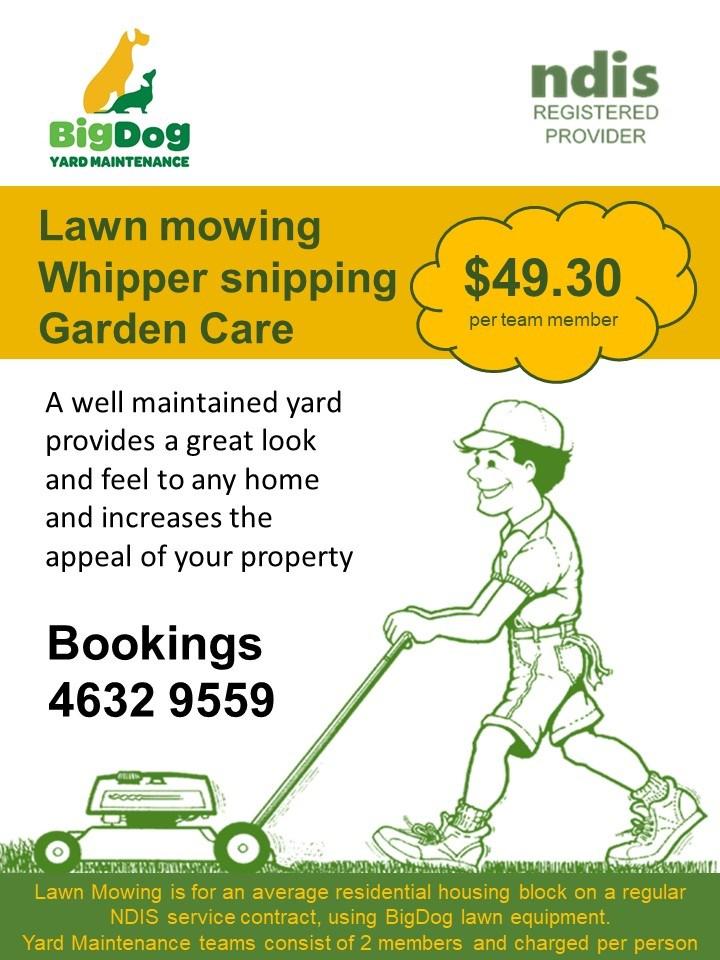 by Jess Wright
by Jess Wright

This year marks the 20th anniversary of the JPs in the Community Program (JPITCP) and JP Branch will host several events across the State to recognise, celebrate and promote the vital role that volunteer JPs and Cdecs play in their local communities.

To quantify the impact of a highly accessible and professional witnessing service, last year the 222 JPITCP locations witnessed over 1.86 million documents for over 624,000 clients, demonstrating the impact of a highly accessible and professional witnessing service.
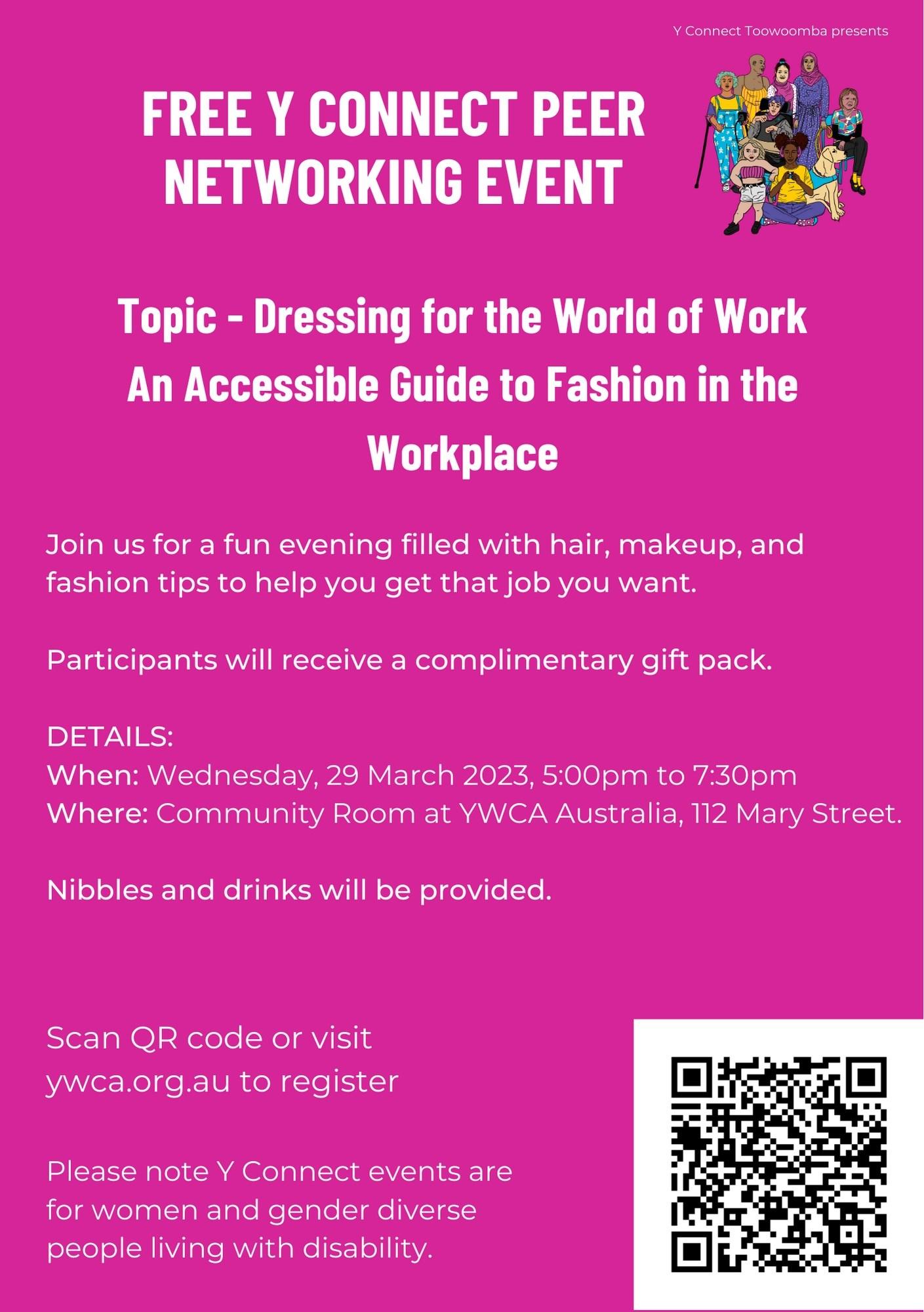
Every one of these 222 locations are made up of a team of like-minded people who volunteer their time to assist the public with their witnessing needs. According to research, volunteering not only improves our health and happiness, by increasing wellbeing and relieving stress, but it is also a fantastic way to meet new people and create strong social connections.
Existing JPITCP participants frequently express their gratitude for the life-long friends and colleagues they have made, as well as numerous testimonials about their personal and professional growth.
Visit www.qld.gov.au/volunteerjp to find out more about how you can get involved and volunteer at your local JPs in the Community Program signing site.



Held biennially at Avalon Airport, Geelong, Victoria, the 2023 event was the fifteenth such event staged at our Avalon Airport home. The Australian International Airshow and Aerospace and Defence Exposition came to Victoria in 1992 at the invitation of then premier Jeff Kennett who was keen to establish a technology-based event that would attract key industry and defence representatives and tourists alike.
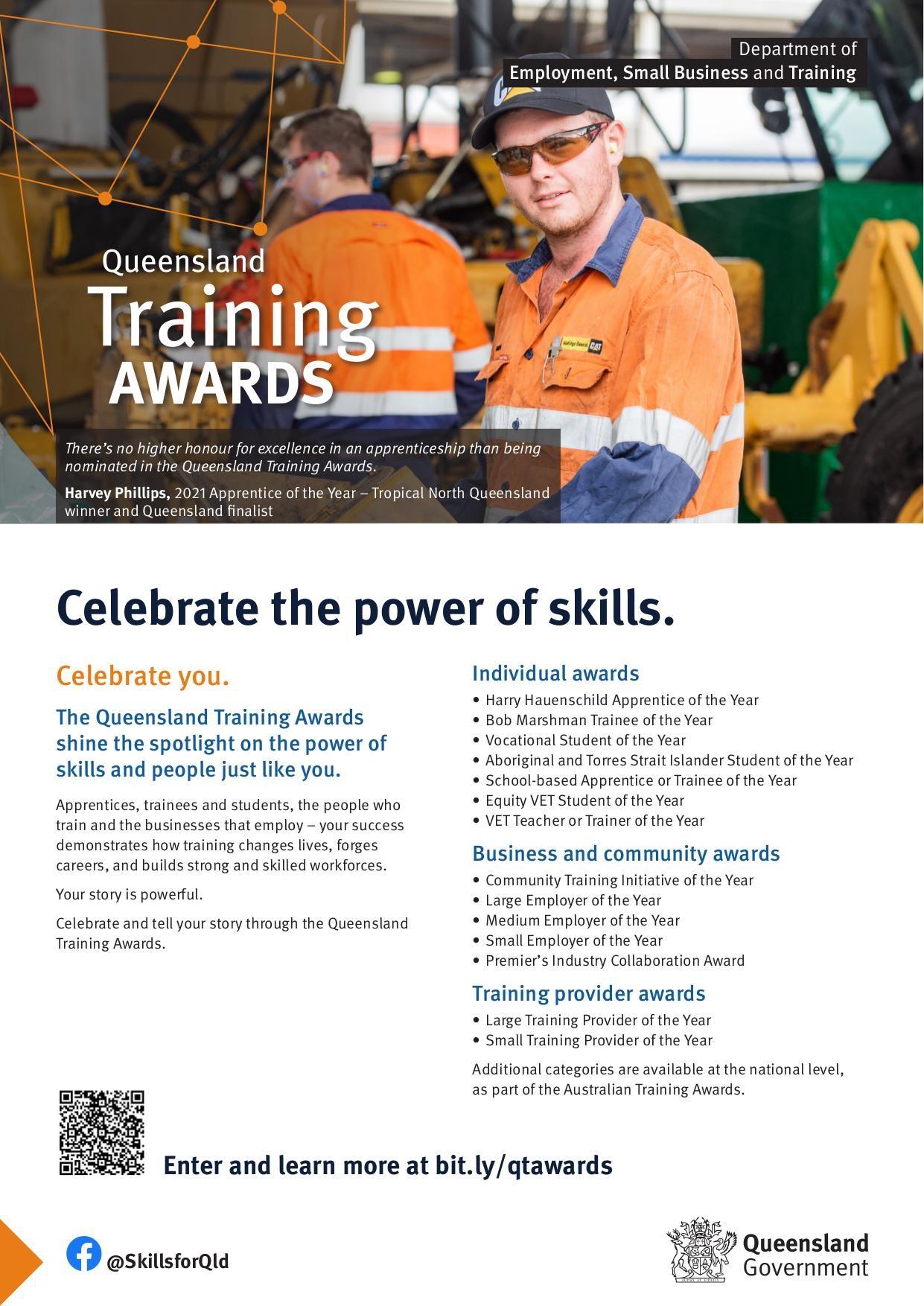
There was over 600 participating exhibitors in a 3 day, action-packed public spectacular with breathtaking flying displays, vintage planes, skydiving and an amazing array of static aircraft to view up close.
Friday included a night time display that ended with the famous “Wall of Fire” that stretched for several hundred metres.
The key highlights for me were the South Korean Black Eagles with their absolute precision and formation flying, the USAF F22 Raptor that could hover in mid air and then climb vertically until it was almost out of sight. The Australian Air Force Roulettes in their new Pilatus PC-21 aircraft were simply breathtaking. In fact every performance was a key highlight.
Accessibility, well the car parking was atrocious with exiting taking over 2 hours and on Saturday the line up to enter took over 3 hours with buses letting their passengers off with up to 2 km walk. Toilets were scarce and demountable with some access difficulty, long distances over gravel. Pictures from top to bottom:
South Korean Black Eagles F-50B

USAF C-17A Globemaster III

USAF F-22 Raptor
Cessna A-37 Dragonfly


(07) 4659 5662

Warrina Services is a specialist support agency that has been providing individual support to people of the Darling Downs since 1986. We support people with a diverse range of needs and also provide mental health services to assist personal recovery.


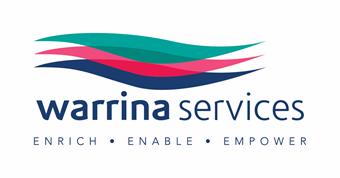
We can help you to achieve positive outcomes in your life. These may be related to choice and independence, education or training, attending social activities, increasing skills, getting a job or contributing to your community.

If you would like further information please visit our website www.warrinaservices.org.au Or contact us
Phone: 07-46 380 399
Email: warrinas@warrinas.com.au or visit our office at 172 Bridge Street
Toowoomba


Office hours Mon-Fri 9-5pm

Gout is a type of arthritis that is caused by the build-up of uric acid crystals in the joints. Uric acid is a waste product that is produced by the body when it breaks down purines, which are substances found in many foods and drinks. When the level of uric acid in the blood becomes too high, it can crystallize and settle in the joints, leading to inflammation and pain.
Symptoms of gout can include sudden and severe joint pain, redness and swelling, and warmth in the affected joint. Gout most commonly affects the joint at the base of the big toe but can also occur in other joints such as the ankles, knees, wrists, and fingers. Some people with gout may also develop small, white, hard lumps under the skin called tophi, which are a sign of uric acid build-up.

There are a number of factors that can increase a person's risk of developing gout. These include having a family history of the condition, being overweight, consuming a diet high in purines (such as red meat, seafood, and alcohol), and having certain medical conditions such as diabetes, high blood pressure, and kidney disease.
The goal of gout treatment is to reduce inflammation and manage pain. Nonsteroidal anti-inflammatory drugs (NSAIDs) such as ibuprofen and naproxen can be effective in reducing pain and inflammation during an acute gout attack. Colchicine, which is derived from the autumn crocus plant, can also be used to reduce inflammation and prevent gout attacks.
In some cases, doctors may prescribe corticosteroids such as prednisone to reduce inflammation and pain. Corticosteroids can be taken orally or injected directly into the affected joint. However, long-term use of corticosteroids can have side effects such as weight gain, high blood pressure, and osteoporosis.
In addition to medications, lifestyle changes can also help to manage gout. These include maintaining a healthy weight, avoiding foods and drinks high in purines (such as red meat, organ meats, shellfish, and beer), staying hydrated by drinking plenty of water, and limiting alcohol intake.
In cases where gout is chronic and not wellcontrolled with lifestyle changes and medications, doctors may recommend medications that lower the level of uric acid in the blood. These medications include xanthine oxidase inhibitors such as allopurinol and febuxostat, which work by blocking the production of uric acid. Other medications such as probenecid and lesinurad work by increasing the excretion of uric acid in the urine.
In summary, gout is a painful form of arthritis that is caused by the build-up of uric acid crystals in the joints. Symptoms of gout include sudden and severe joint pain, redness and swelling, and warmth in the affected joint. Treatment for gout aims to reduce inflammation and manage pain, and may include NSAIDs, colchicine, corticosteroids, and medications that lower the level of uric acid in the blood.

their peers without disabilities,” she says. “Change starts with me, with you, with all of us.”
Six strategic priorities are outlined in the DIPAS which include:
Prevention of stigma and discrimination
Improvement of disability-inclusive services, programmes and workplaces
Access to comprehensive community care and support services
Access to assistive technology
United Nations Children’s Fund (UNICEF) has released their Disability Inclusion Policy and Strategy (DIPAS) in order to create a more inclusive world, free from barriers for the 240 million children living with disabilities by 2030.
With actions outlined in the DIPAS being implemented as early as this year, UNICEF plans to have their regional and headquarters Divisional Directors develop a divisional/regional action plan by December, 2023.
Under DIPAS, UNICEF will also increase its organisational budget expenditure by 10 percent by 2030 to progressively accelerate disability inclusion across its programmes and operations, using data from The Centre of Excellence on Data for Children with Disabilities.
UNICEF’s Executive Director, Catherine Russell, said the DIPAS set out a bold vision and clear targets for the entire organisation to advance disability inclusion.
“We need you – your commitment and actions – to ensure that every child with a disability has the same opportunities as
Disability-inclusive action in humanitarian, emergency and fragile contexts
Full and meaningful participation of persons with disabilities
The DIPAS was developed through intensive internal and external consultations with United Nations Agencies, Governments, and Organisations of Persons with Disabilities and is guided by the Convention on the Rights of Persons with Disabilities (CRPD), the Convention on the Rights of the Child (CRC) and the United Nations Disability Inclusion Strategy (UNDIS).
UNICEF pledges that by 2025, all offices will progressively increase the number of employees with disabilities by at least 2 percent, with all regional offices to have at least one dedicated full-time disability specialist to coordinate and support disability inclusion in the region.
By the same year, they plan to mainstream disability inclusion, specifically of children with disabilities, into media communications and advocacy and have 75% of UNICEF staff trained in disability inclusion.
There are several reasons why there are so many unregistered NDIS support workers. Some of the reasons include:
Lack of awareness
Some people may not be aware that they need to be registered with the NDIS Commission to provide disability services. This could be due to a lack of information or understanding of the requirements.
The registration process for NDIS providers can be complex and time-consuming. This could deter some people from registering, especially if they lack the necessary resources or support to navigate the process.
There may be costs associated with registering with the NDIS Commission, such as fees for police checks, insurance, and other requirements. Some providers may find these costs prohibitive, especially if they are small -scale or volunteer organisations.
Some providers may not meet the requirements for registration with the NDIS Commission, such as having the necessary qualifications, insurance, or policies and procedures in place. These providers may choose to operate without registration or may be unable to register due to non-compliance.
It is important to note that unregistered providers may pose a risk to people with disability, as they may not have the necessary skills, training, or safeguards in place to provide safe and effective services. The NDIS Commission encourages people to use registered providers wherever possible, and to report any concerns about unregistered
providers to the Commission.
An NDIS service provider must have the following types of business insurance:
1. Professional Indemnity Insurance
2. Public Liability Insurance
3. Product Liability Insurance
4. Workers' Compensation Insurance
5. Cyber Liability Insurance
6. Comprehensive Motor Vehicle Insurance Taxation Requirements
Financial and Superannuation
Fraud Fusion Taskforce
Media Release 20 February 2023
Set up to tackle fraud against the NDIS, the taskforce has contributed to another two providers being suspended for falsifying NDIS claims.
The NDIS Quality and Safeguards Commission has taken compliance action against two Sydney-based NDIS providers and two associated individuals.
Fine Care Pty Ltd and Allied Health Cleaning Services Pty Ltd have been issued suspension notices, prohibiting them from providing NDIS supports and services as registered NDIS providers for a period.
Two people associated with the providers have been issued banning orders, prohibiting them from being involved in the provision of NDIS supports or services to people with disability for a period of two years.
Minister for the NDIS and Government Services the Hon. Bill Shorten MP said the Fraud Fusion Taskforce was quickly proving its worth in finding and fighting fraud.
In this first biography of the man and his music, Jimmy Little: A Yorta Yorta Man tells the incredible story of one of Australia’s most acclaimed Aboriginal pop and country music legends and icons, Jimmy Little.
At just 16 years of age, Jimmy Little travelled to Sydney to make his radio debut on Australia’s Amateur Hour. The eldest of seven children and born on the Cummeragunja Reserve on the Murray River, Jimmy’s entry into the entertainment industry came at a time when First Nations people were not counted in the census.
In the face of indescribable barriers and discrimination, Jimmy would go on to woo the nation. His immense talent, charm and heart saw him become a household name and national treasure. Jimmy’s songs consistently topped the music charts of the 1960s, and he won several of Australia’s most prestigious lifetime achievement awards, including the ARIA Hall of Fame, NAIDOC Person of the Year, and Officer of the Order of Australia.
And now his daughter, Frances Peters -Little, tells the full story behind her father’s inspiring ascent to stardom. For though this is a story about a pop star and national celebrity, it is also the story of a gentle man who always stayed true to himself and his cultural identity – a man who believed in the power of living your dreams.
Weaving together stories both known and unknown to the public, Jimmy Little: A Yorta Yorta Man will take you on a remarkable journey through a life of music, love and advocacy.
I was born on the banks of the Murray, Yorta Yorta is my mothers tribal clan. I'm her son but my fathers name I carry, As I walk through this great and ancient land.
My father taught me all the things I needed, Like identity and dignity with love.
From his tribal southern coastal ways of living, Wallaga Lake and Waradah Mountain high above.
I'm a Koori and I come from Cummeragunja, Where my people and my Dreaming all began.
Someday I know I'll be returning, Like the legend of my tribal boomerang.
My tribal ways are strong and not forgotten, And my city ways of living, well, they may be grand.
But you know, I can pack it up, and yes, leave it all behind me, And go back to my Yorta Yorta band.
The nature of the bush in all it's beauty, Gives me strength in my will to understand. That no matter where I go, my river people, Will be waiting for this Yorta Yorta man.
I'm a Koori and I come from Cummeragunja, Where my people and my Dreaming all began.
Someday I know, I'll be returning, Like the legend of my tribal boomerang. Like the legend of my tribal boomerang. Like the legend of my tribal boomerang.
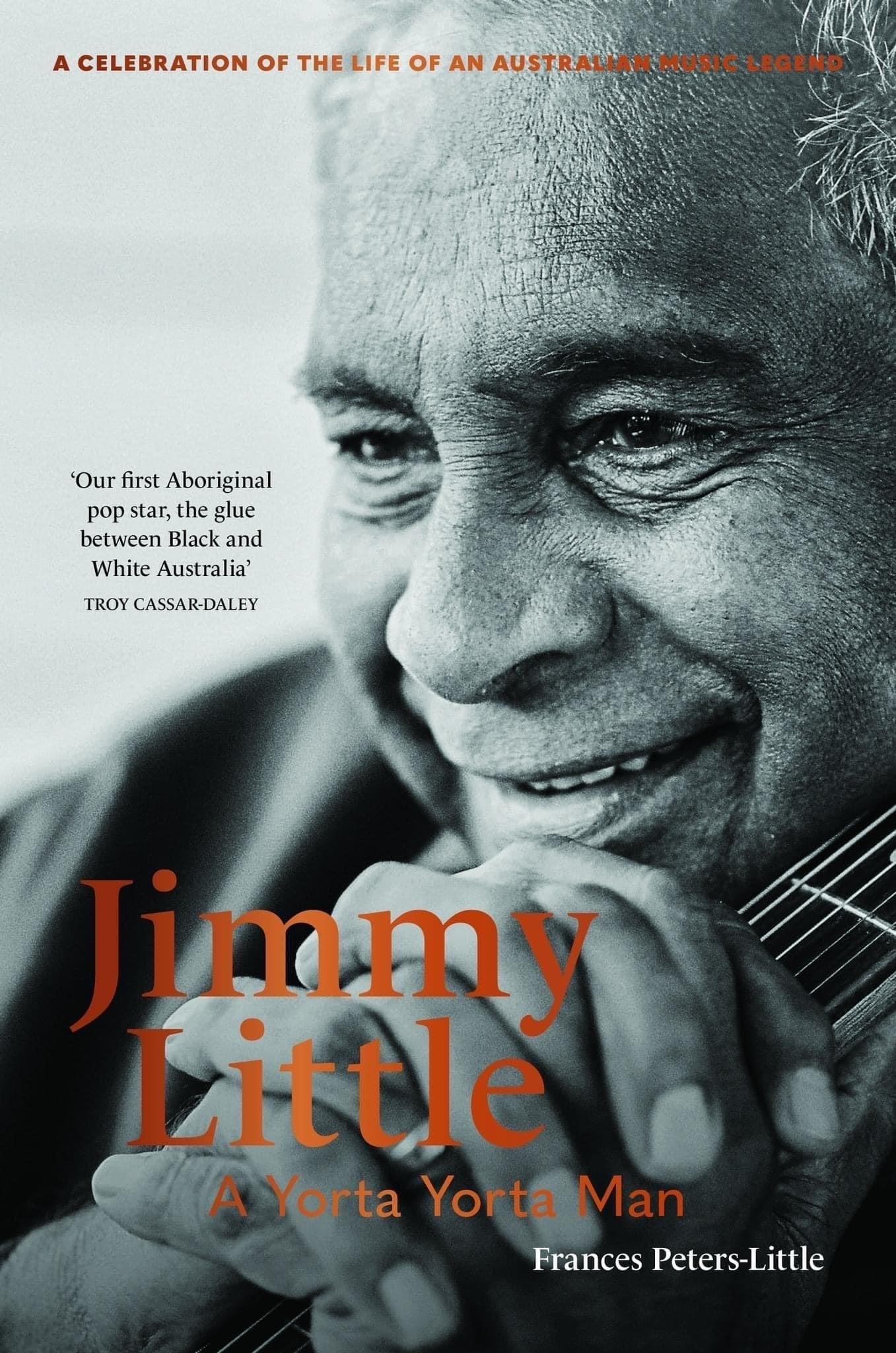
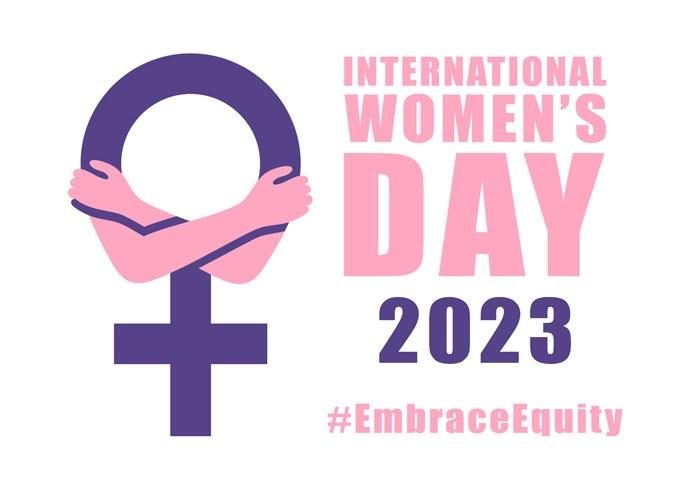
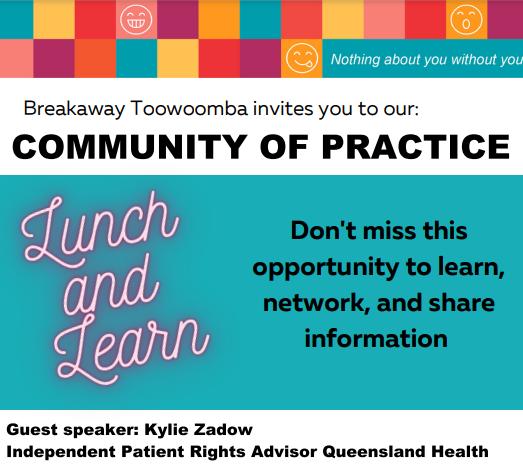
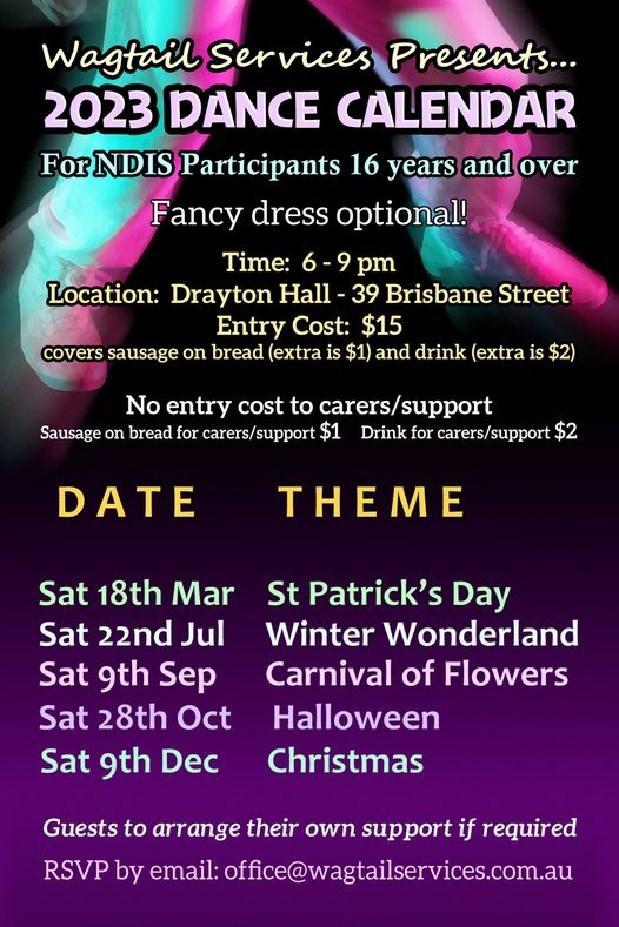
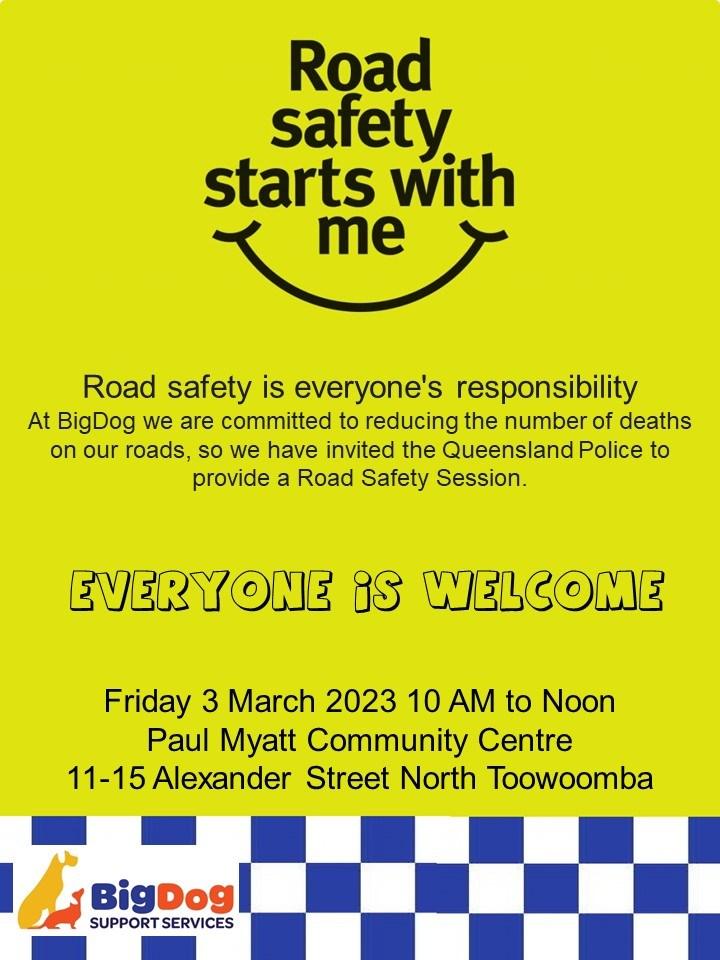
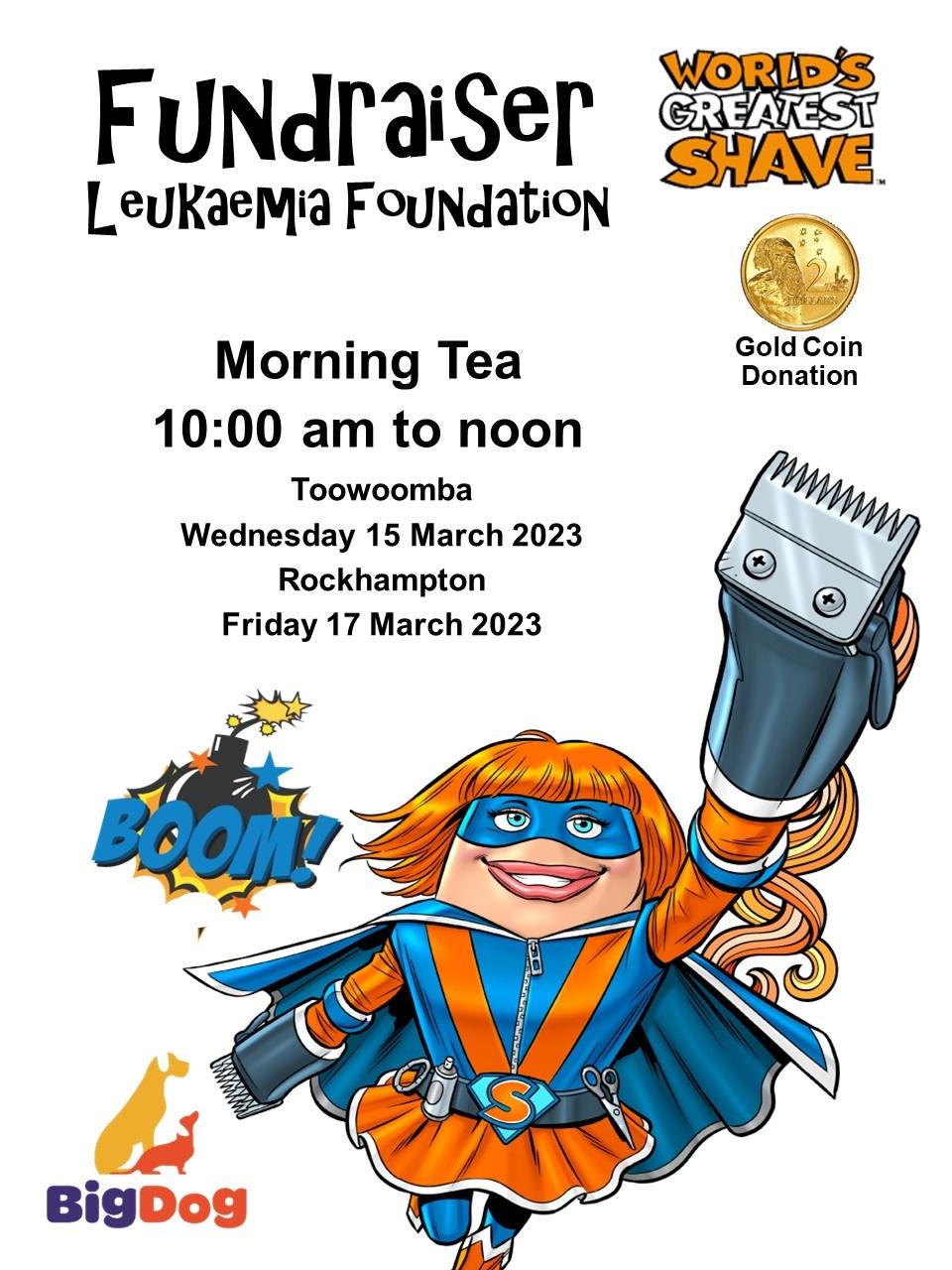
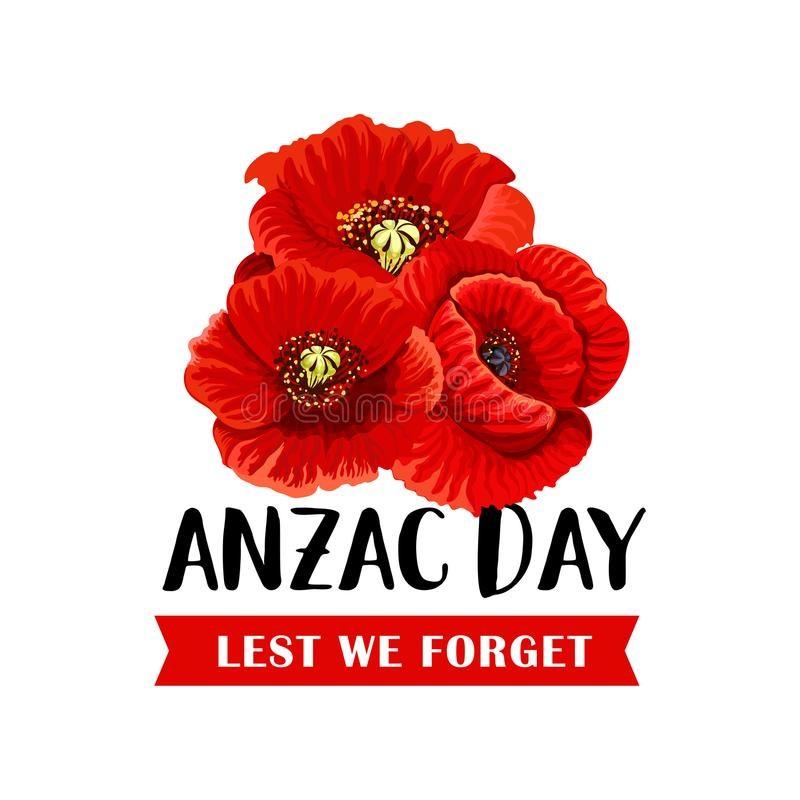
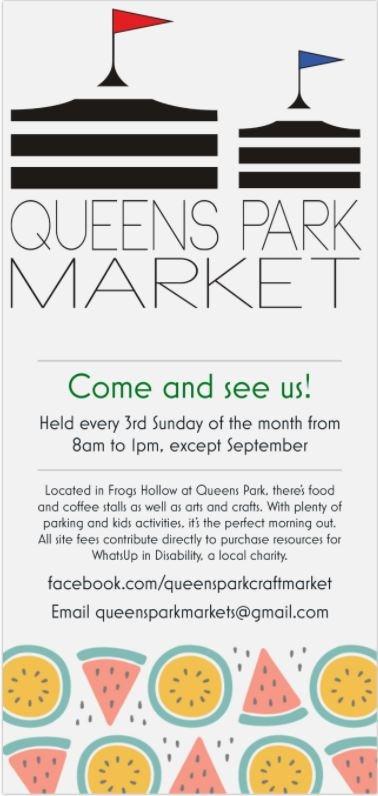
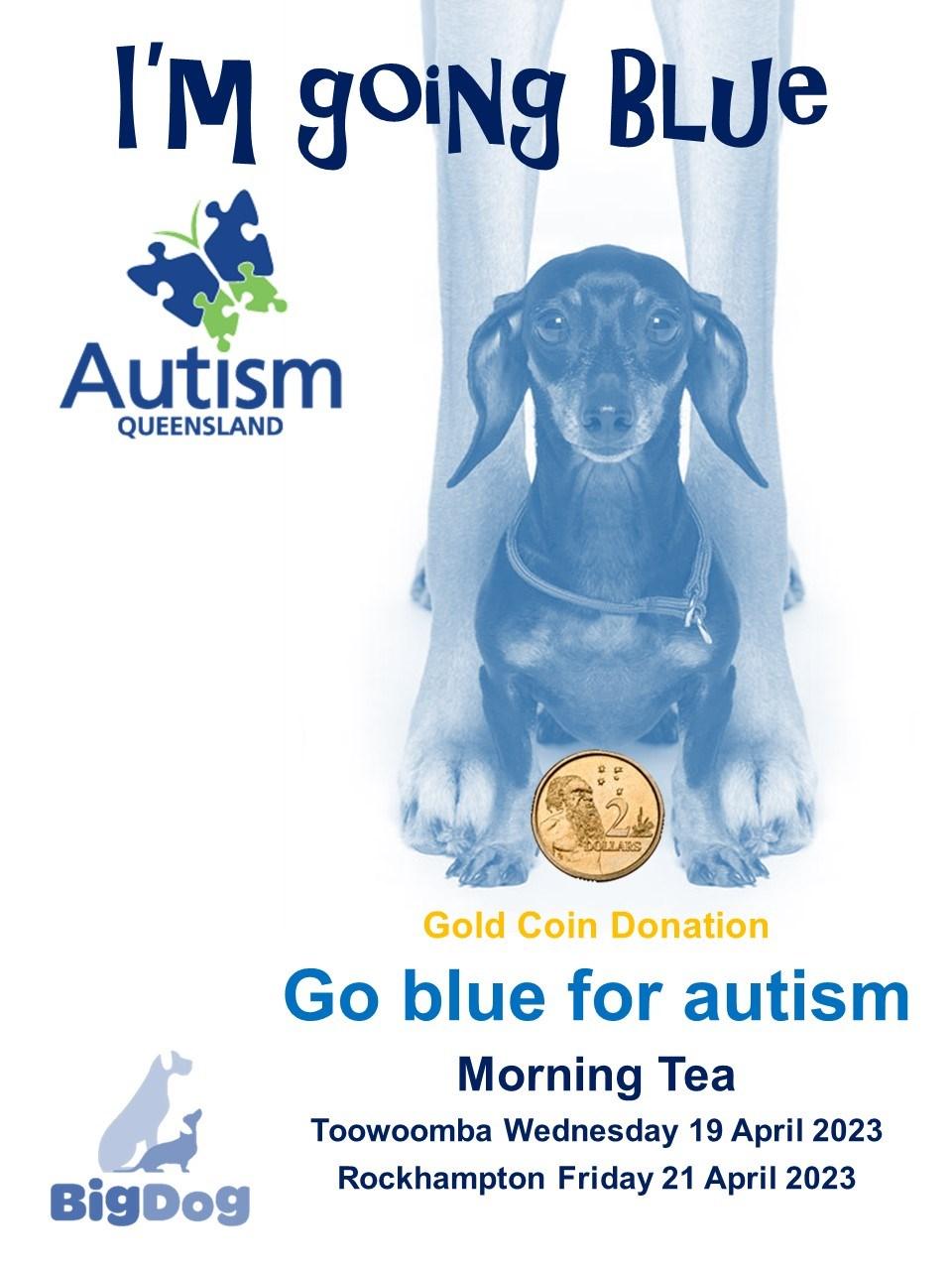
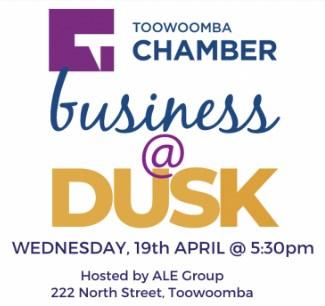
www.mycommunitydirectory.com.au
The Toowoomba Region is one of Australia’s most picturesque and productive areas. We are blessed with moderate climatic conditions, rich soil and beautiful landscapes. However, just like any region, from time to time we are faced with adverse weather events and natural disasters. We can never be too prepared for times of nature’s destructive force.
In the event of an emergency or disaster there is often little time to act, however, there are vital preparations that can be completed ahead of time to ensure the best possible mitigation against injury and loss of life.
Severe storms are often unpredictable and can occur at any time, involving lightning, thunder, hail, wind gusts and flash flooding. These storms can cause major damage to property, injury and loss of life.
Pay attention to severe storm warnings issued by the Bureau of Meteorology and visit www.bom.com.au to find out if your area may be impacted. Always wait for storm activity to pass completely before going outdoors.
The Get ready website provides useful, simple information to help you organise your home, business and pets.
Sunday 5 March 2023.
Get your friends, family, neighbours and local community group together to make an impact that improves your environment.
Clean Up Australia Day will send you a free starter kit that contains bags, gloves and everything you need to create a safe, fun and effective Clean Up.
Their kits are available for individuals, families of four and groups of 10 - nominate which size you need as part of the registration process and please make sure you leave two weeks between registering and your event day, so Amazon has time to deliver it to your door!
We're ready to celebrate all our great parks!
Parks Week will run from 4 to 12 March 2023 with a wide range of activities designed to encourage residents to enjoy their neighbourhood parks and open recreation spaces. Activities offered in parks across the Region will include fitness classes for adults and kids, walking groups, parkrun and much more.
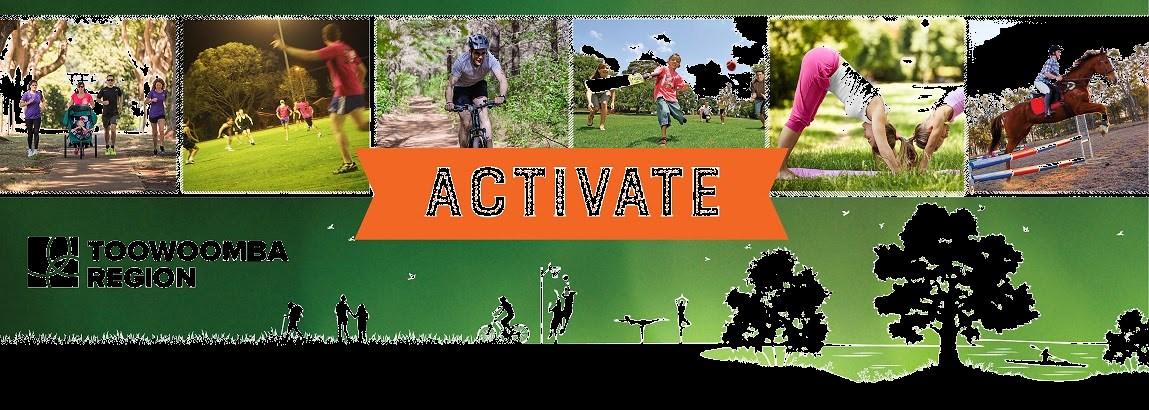
Bookings are required to participate in most Parks Week activities.
ANZAC Day is a very special day on 25 April each year. It marks the anniversary of the first major military action fought by Australian and New Zealand forces during the First World War.
We are proud to support the various community committees that organise related events. The ANZAC Day organising committees announce and publish details for each event in various locations.
(9:00am to 3.00pm)

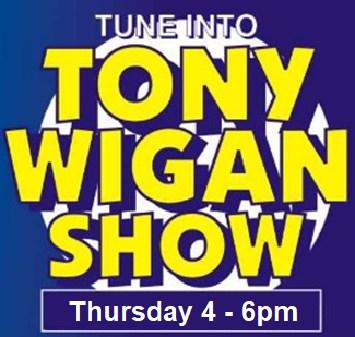
A question on disability or a service you require? Try us, most of our volunteers have a disability themselves and will be glad to assist you. If we can’t help, we will refer you elsewhere. JP services are also available 11-15 Alexander Street Toowoomba (07) 4632 9559
A volunteer disability service organisation run by people with a disability

PUBLISHER: Disability Media Association Inc (Australia) (DMAA)
TELEPHONE: (07) 4632 9559
OFFICE: Paul Myatt Community Centre 11-15 Alexander Street Toowoomba (open Monday to Friday 9:00am-3:00 pm)
POSTAL ADDRESS: PO Box 3621 Toowoomba QLD 4350

E-MAIL: admin@whatsupindisability.org

MANAGEMENT BOARD: Steven Paull (President) Courtney Carroll (Editor) Jess Wright (Secretary) Ann Paull (Treasurer)
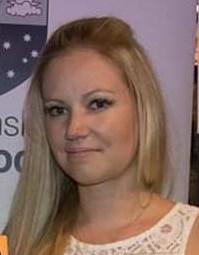
CONTRIBUTORS: Bronwyn Herbertson, Sharon Boyce, Aidan Wilcock, Dean Gill, Jess Wright, Steven Paull and many others.
PUBLISHED
January/March/May/July/September/November
ABN: 72 821 350 911
PRINT POST APPROVED: PP 424022/ 1811
DISCLAIMER/INDEMNITY
Articles and adverts reproduced on these pages are accepted and published in good faith. It is a condition of acceptance that advertisers and article writers accept full responsibility for their advertisements and articles, and will fully indemnify the producers in the event of any claims or legal proceedings against them. Articles published are not necessarily the view of the publishers. Advertisements are also accepted on the basis that they do not conflict with any discrimination laws or other laws currently in force.
Although we are a volunteer and non profit organisation, we are not funded in any way, and have to cover costs of this publication by charging for advertising. WhatsUp reserves the right to adjust, resize or move advertisements when necessary to allow for editing
WhatsUp IS AVAILABLE FROM:
1) SUBSCRIPTION (In advance) $20 per year (includes delivery/postage).
2) A single edition of WhatsUp can be bought at the office and selected outlets. You may also subscribe by using the form on the outside cover.
3) Reference copies are held in the Tourist Office and Toowoomba Library.
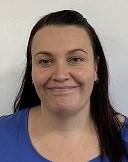

COPYRIGHT
Copyright Protected. All pages are subject to copyright law and may be copied only with the permission of DMAA. Copies are not to be used commercially or for profit or for personal financial gain. Permission may be granted to copy only if the purpose is to give it away to others for their personal interest but not to any other organisation or service.
All articles are accepted in good faith and are not necessarily the view of the Editorial team or Management. Articles are accepted on the understanding that in the event of any claims against WhatsUp, the writer of the article will take full responsibility and indemnify WhatsUp in the event of legislation against it. Articles are also accepted on the understanding that the contents do not breach any Disability laws or other legislation currently in use.
WhatsUp In Disability is provided as a Master Copy to individuals and organisations or to view online form our website. We are environmental friendly, we do not print any more copies than is absolutely necessary. We prefer and encourage the practice of passing the magazine from person to person or copying the whole magazine to pass on to others. Permission is needed to copy (see Copyright above) When copying the magazine we require that the pages be marked ‘copy’.
www.whatsupindisability.org
To contribute to the next edition please send your article to admin@whatsupindisability.org by the 20th February/April/June/August/October/December or reserve your advertising or story


WhatsUp In Disability PO Box 3621 Toowoomba Qld 4350 Phone: (07) 4632 9559
Email: admin@whatsupindisability.org

WhatsUp In Disability APPLICATION FOR SUBSCRIPTION 2023 ($20 per year including postage)
NAME
ADDRESS Post Code
TELEPHONE E-MAIL
SUBSCRIPTION $20 MEMBERSHIP $5
SUBSCRIPTION + MEMBERSHIP $25
DIRECT DEBIT: BSB: 638 070 ACC: 1071 4219

“Please make cheques payable to Disability Media Association Inc. (Australia)”
Please cut out / scan and post to:
PO Box 3621, Toowoomba 4350 with your cheque